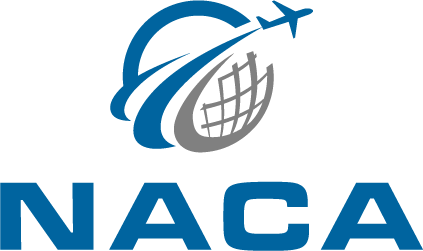Our members are a diverse group of air carriers, providing passenger and cargo, scheduled and charter services. NACA carriers fill a unique niche in the air carrier industry, offering services in response to ever-changing demands from the U.S. military, the traveling public, and businesses.
Our members include Air Transport International, Amerijet, Allegiant Air, Atlas Air, Avelo Airlines, Breeze Airways, Everts Air Cargo, Frontier Airlines, Global Crossing Airlines, Inc, Kalitta Air, Lynden Air Cargo, National Airlines, Northern Air Cargo, Omni Air International, Spirit Airlines, Sun Country Airlines, USA Jet Airlines, Western Global Airlines, and World Atlantic Airlines.
Our associate members include AerSale MRO Services (Arizona), Arthur D. Little (Massachusetts), Avenger Flight Group (Florida), Bristol Associates, Inc (Washington DC), CTS Engines (Florida), Marsh USA (New York), MedAire, MIS Choice (Illinois), Morten Beyer & Agnew (Virginia), and Shannon Airport (Ireland).







